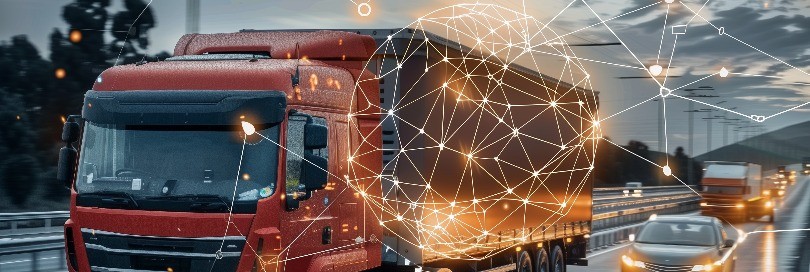- Topic spotlight
Six months until the new PEM rules of origin enter into force

Adobe Stock
- Topic: origin
- Market: EU - European Union UK - United Kingdom
- Copyright of the journal: CC Learning, UAB
Comments ()
To post a comment you need to